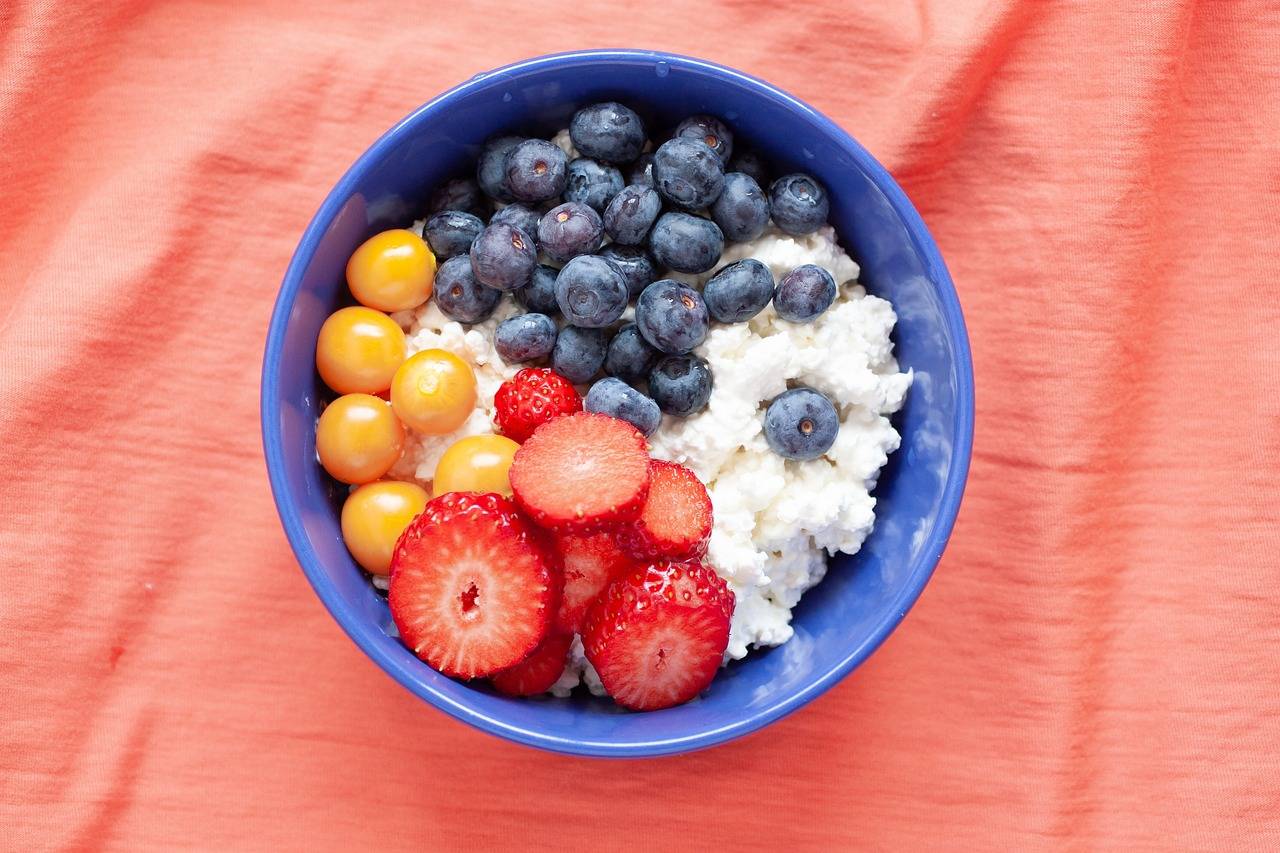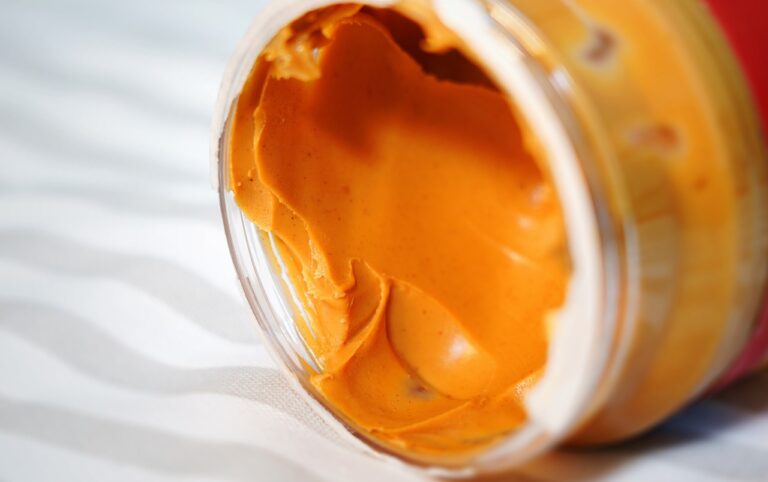Exploring the Link Between Nutrition and Cancer Prevention
Antioxidants play a crucial role in cancer prevention by neutralizing free radicals in the body. Free radicals are unstable molecules that can damage cells and lead to the development of cancer. Antioxidants help to protect cells from this damage by donating electrons to stabilize these free radicals.
Research has shown that a diet rich in antioxidants, such as vitamins C and E, beta-carotene, and selenium, can help lower the risk of developing certain types of cancer. These antioxidants are commonly found in fruits, vegetables, nuts, and seeds. Consuming a variety of these foods can provide the body with a good supply of antioxidants to support overall health and reduce the risk of cancer development.
Understanding the Impact of Phytochemicals on Cancer Risk
Phytochemicals, commonly found in plant-based foods, have been the focus of numerous studies exploring their potential role in reducing cancer risk. These bioactive compounds exhibit various properties that are believed to contribute to their beneficial effects on overall health, including their antioxidant and anti-inflammatory properties. Additionally, phytochemicals have been shown to influence key cellular processes involved in cancer development and progression.
Research suggests that phytochemicals may help protect cells from damage that can lead to cancer by scavenging harmful free radicals in the body. Moreover, certain phytochemicals have been found to regulate gene expression and signaling pathways that play a crucial role in the development of cancer. By incorporating a variety of plant-based foods rich in phytochemicals into one’s diet, individuals may potentially reduce their risk of developing certain types of cancer.
What are phytochemicals?
Phytochemicals are compounds found in plants that have been shown to have various health benefits, including potential cancer-fighting properties.
How do phytochemicals impact cancer risk?
Phytochemicals can help reduce cancer risk by acting as antioxidants, promoting healthy cell growth, and potentially inhibiting the growth of cancer cells.
What are antioxidants and how do they play a role in cancer prevention?
Antioxidants are compounds that help protect cells from damage caused by free radicals. By neutralizing these free radicals, antioxidants can help prevent DNA damage and reduce the risk of cancer.
Which foods are rich in phytochemicals?
Foods rich in phytochemicals include fruits, vegetables, whole grains, nuts, seeds, and legumes. Eating a varied diet with a wide range of plant-based foods can help ensure you’re getting a good mix of phytochemicals.
Can phytochemicals alone prevent cancer?
While phytochemicals have shown promise in reducing cancer risk, they are not a guarantee against developing cancer. It’s important to maintain a healthy lifestyle, including a balanced diet, regular exercise, and avoiding tobacco and excessive alcohol consumption, to reduce overall cancer risk.





